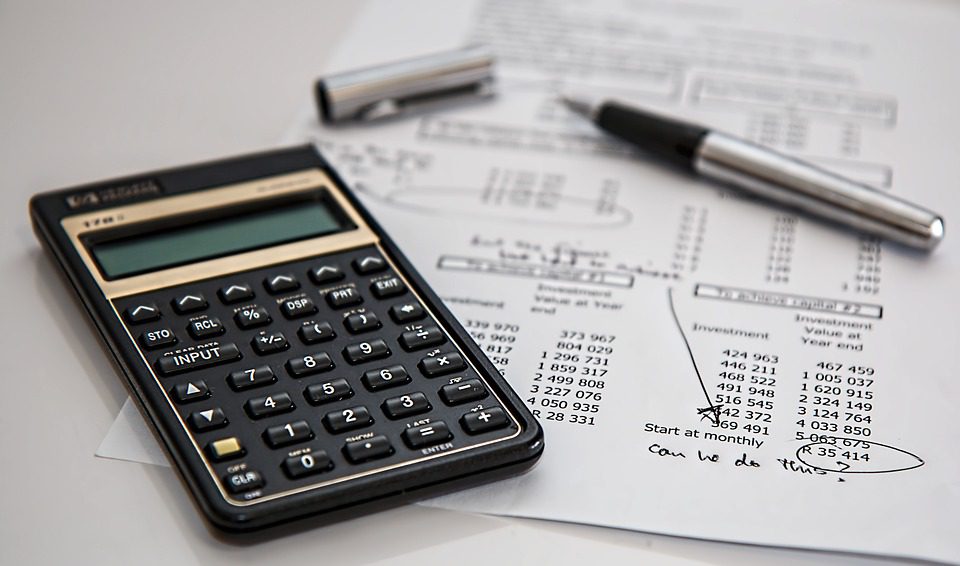There are many different types of calculators, each designed for specific purposes. Here are some common types of calculators:
- Basic Calculator: This is the most common type of calculator used for simple arithmetic operations like addition, subtraction, multiplication, and division.
- Scientific Calculator: Scientific calculators are used for more advanced calculations like trigonometry, logarithms, and exponents. They often come with extra features like memory, statistical functions, and graphing capabilities.
- Bottleneck calculator: It is not a common term in the field of computing or technology, but the term “bottleneck” is often used to refer to a component or resource in a computer system that limits the overall performance of the system.
- Financial Calculator: This type of calculator is used for financial calculations such as calculating interest rates, loan payments, and bond yields.
- Graphing Calculator: Graphing calculators are designed to plot and graph mathematical equations. They are commonly used by students studying calculus and other advanced mathematics courses.
- Printing Calculator: This type of calculator is used to print out calculations on paper. They are commonly used in accounting and finance for record keeping purposes.
- Online Calculator: Online calculators are available on the internet and can be used for a wide range of calculations. They are often free and easy to use, and do not require any additional software to be installed.
- Handheld Calculator: These are small, portable calculators that can fit in your pocket. They are often used for quick calculations on the go.
- Desktop Calculator: These are larger calculators designed to sit on a desk or table. They often have bigger buttons and screens than handheld calculators, and may have additional features like a printer or graphing capabilities.
- Programmable Calculator: This type of calculator can be programmed to perform custom calculations. They are commonly used by engineers and scientists who need to perform complex calculations.
Benefits of using Calculator
The use of calculators can provide many benefits, including improved accuracy, time-saving, increased efficiency, improved learning, and better decision-making.
Here are some benefits of using calculators:
- Accuracy: Calculators are very precise and can perform calculations quickly and accurately, minimising the risk of human error.
- Time-saving: Calculators can perform calculations much faster than humans, saving time and increasing productivity.
- Convenience: Calculators are portable and easy to use, making them a convenient tool for anyone who needs to perform calculations regularly.
- Increased efficiency: Calculators allow users to perform complex calculations quickly and easily, which can increase efficiency in work processes.
- Improved learning: Calculators can help students to learn mathematical concepts more effectively by enabling them to focus on problem-solving rather than complex calculations.
- Increased productivity: The use of calculators in business and industry can help to increase productivity by reducing the time and effort required to perform calculations.
- Better decision making: Accurate calculations can help individuals and organizations to make informed decisions, especially in areas like finance, science, and engineering.
- Cost-effective: Calculators are relatively inexpensive and can be a cost-effective tool for individuals and organizations.
- Customization: Some calculators are programmable, which allows users to customize them for their specific needs, making them a versatile tool for various applications.



































